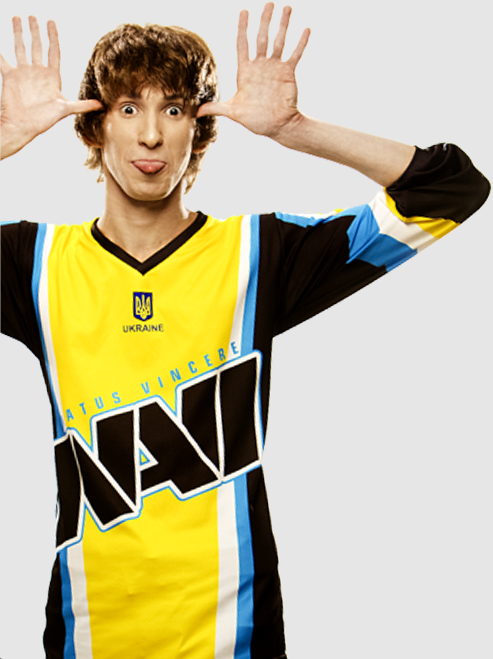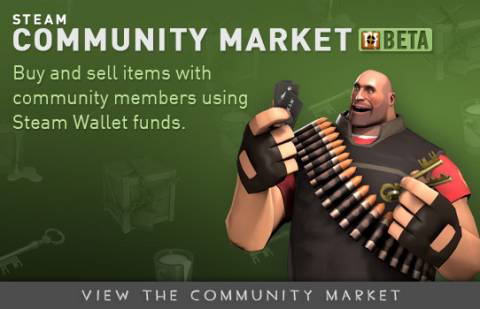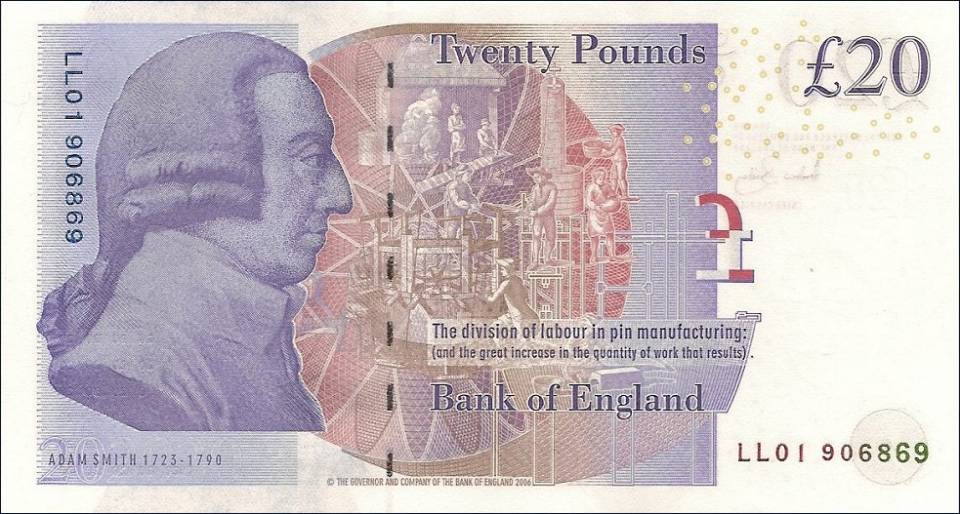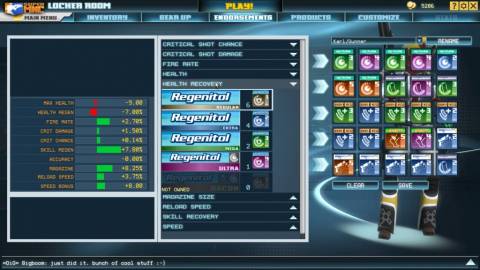Free to Play: Community vs mere Association
By granderojo 3 Comments


DICE is over. Everybody brought up the David Cage keynote and Valve/Abrams team up for obvious reasons, those were important to talk about but I would like to change the pace a bit here. The keynote out of DICE I thought was the most prescient to games as a business and ultimately the direction games are going in was Victor Kislyi’s keynote. As CEO of Wargamming.net, Victor has become one of the pioneers in the Free to Play space in the west, and in his keynote he shows why. Not only does it seem they’re doing all the right things but they are saying the right things. The keynote differentiates itself from many of the other keynotes just due to the raw data dump that Victor presents. Wargamming.net had a million dollar study done to show revenues of boxed copies of games (he calls it the Pay to Play category) and Free to Play. The data shows clearly that Free to Plays revenues are growing tremendously and the games that aren’t Free to Play aren’t doing so well.

This raw data dumped accompanied by later a more important point which is why I really made this topic, that was community. The example Victor gives, albeit awkward just due to his language barrier but precinct due to it’s implications, was the way Harley Davidson created a brand and furious following. He basically presents this as the model that Wargamming.net is going for with their successful game and I would like to reiterate his point in a way that he did not in his talk. Other pioneers in the Free to Play space are repeating these points. Gabe Newell during his LBJ School lecture, talks about creating a way to monetize ingame items for Na`Vi and specifically evangelizes Dendi. Instead of thinking of these things as brands, which they are but that leads to negative connotations due to biases that people hold for brands, what Gabe and Victor has hit on as the backbone of these free to play experiences is community. Community is important because it creates a group of followers which will evangelize your game and as for the case with Valve, create content for your game faster and better than they can themselves.

A community as I will define it, is a group that shares both an individual and collective investment in something. I define community so that in the rest of this blog post I can talk about the problems that I see arising for Free to Play games successfully creating and nurturing community. Community is different from associations in that, associations do not share the collective outcome of the group. Associations are groups that have formed to serve the individuals interests, and often do not inspire the sort of following that a community would. An example being many might fall on your sword if it meant saving a friends life or that or a family member but would question doing such for say a fellow PTA member. Many games try to create community but end up with mere associations and they fall apart due to this. It’s a shame because often times they are better games than the once successful at creating community. It is playing with your comrades that drive gamers to get out their checkbooks for hats and trinkets, developers should be cognisant of this.

Now I think there are two main obstacles to creating community with regards to Free to Play games just due to their structure. They are at the end of the day markets and when you talk about markets and two corrosive effects on community always come up. Those would include as economist call them, specialization and mobility. The most judicious example of specialization and mobility being corrosive to a community is Adam Smith’s example of a pin factory in The Wealth of Nations. To summarize in the language that I have brought up previously, the pin factory allowed associations to replace communities due to the fact they were more economically productive. To bring this back to games, as these new Free to Play games become popular they started embracing progression as a hook to keep players. This progression system has reared it's ugly head in the form of specialization and creates a segmented player base in how the players play the game. This progression system has the ability of generating a lot of rent for a short time but eventually it has the potential of corroding the sense of community. Victor’s game is a game that is an example of a game that has gotten away with this due to free being a differentiator for it but is subject in the future of having it's community suffer due to this. When you play World of Tanks there is a specialization that happens among those playing the game, a “division of gaming” that happens. There are those that have payed for content and those who have not. This divide often times leads to a fragmentation in the user base, and is corrosive to instilling community due to the fact that it’s so individualistically based. This creates associations where there could have been communities and the games that do this lose steam much quicker than those that do allow for so broad specialization. The crisis of specialization is a direct result of the innovation this generation's big blockbuster Call of Duty 4 brought and it’s a problem we are going to need to solve if we care about community.

Now a Free to Play game that had it’s community eaten alive by this was a game that I quite enjoyed. My second favourite game of 2012 happened to be Super Monday Night Combat, the Moba FPS from Uber Entertainment. It’s a game that at this point I have sunk 413 hours into, over 80 dollars and it would have been my favourite game of 2012 if it had effectively created a community. The place is effectively a ghost town today. Sadly though, I now know structure of the content encouraged individual progression in a game that required teamwork and this was it's downfall. It failed to create a sense of community and this is in my opinion due to it's pay for advantages structure of content(not pay to win necessarily) in the form of coin doublers. To fill out your “endorsement” page you needed to spend coins that were gained through ingame play, but this progression could be sped up with a doubler. Now I spent a lot of money and time in this system, but not enough because I just completed my endorsement page. After all this time I hadn't filled it out to have exactly what I wanted for my character. To finally get my endorsements to where I wanted them to be it took me this long and that much money. That's a failure on part of the developer. This is a case of creating a barrier where there needed not be one. The game today has a fraction of the user base it did when it launched, and it’s sad because it’s a great game. They structured it incorrectly and this misstep out of the gate cost them.

This is a failure that I think other games are in the process of making, namely League of Legends. When DOTA2 is finally released, all it will cost for the entire game will be 30 dollars. That means all the heros in the future, no nickel and dime, which is a stark contrast to the huge amount LoL expects you to spend for all their heros. This is going to create a problem of specialization, and it’s going to eat away at their community eventually until like Super Monday Night Combat it’s a ghost land that few people play. The corrosive nature of mobility in the Free to Play space is that resentment that that arises between the median players, one that spends little to no money on the game, and those that buy all the ingame items and have all the best stuff. Closing this divide while never putting barriers between the consumer and the developer to spend money is what will allow for thriving communities in these new marketplaces to continue to grow. A step in closing this divide is abolishing the pay to win aspect or even the perception that it exists in their game. It also involves acknowledgement on the part of developers that things that are considered part of the base game should not be gated through a pay wall. If this perception proliferates in Free to Play games, then community will suffer and ultimately revenue.
Why is community important to these games? My argument is that community when it comes to games is the difference between having a set of fans for your game that produce more quantity and quality content for your game then you can yourself and failure. It is community at the core that makes the whale factor exist in free to play games(see #2). It is not only the content alone that justifies the extra cost but the emotional attachment you get from playing with your friends with the better content after knowing what the base content is like. This is also why I question the success of the Free to Play model on mobile, because it’s much harder to create communities around those games just due to their nature. The ones that have, such as Spaceteam are outliers, and are the direction I see Free to Play games going on the mobile platform. Make a good game and they will come, make the conditions for a good community and they will stay.
What do you guys think of Free to Play? What do you think of the ideas I presented here? Any thoughts, criticism? (If there are some grammatical errors I apologize, I'll look over it later when I'm less tired).
